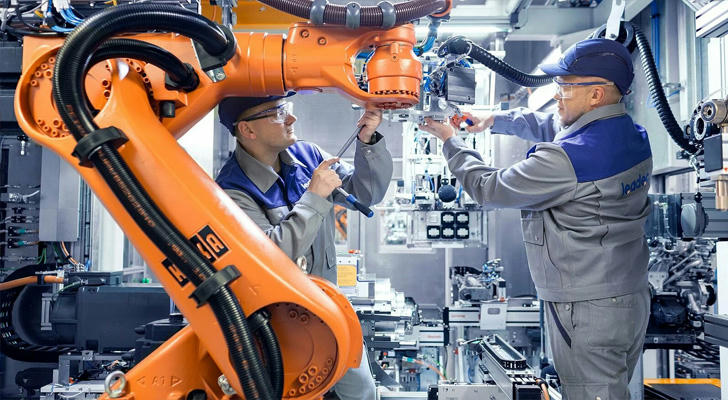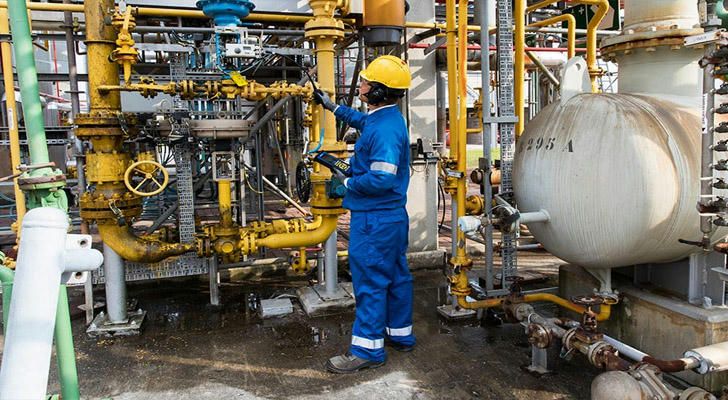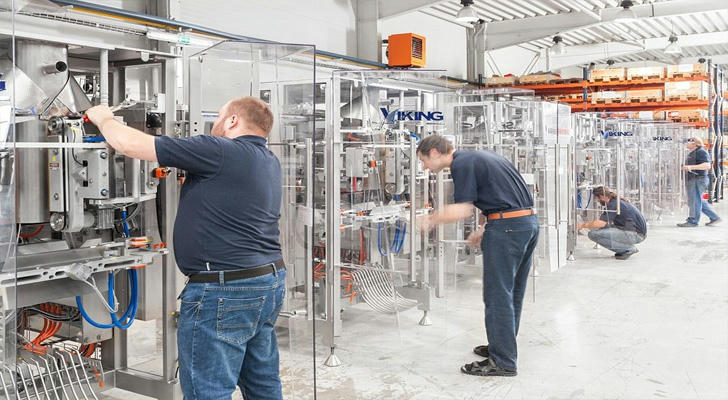Equipment Maintenance Training: Building Essential Skills for Industry Success

Equipment maintenance is a critical skill in industries such as manufacturing, transportation, energy, and construction. Proper maintenance ensures that machinery operates efficiently, reduces downtime, and extends the lifespan of equipment. Skilled maintenance technicians play a vital role in preventing costly failures and ensuring workplace safety.
This article explores the importance of equipment maintenance, industry demand, essential skills, training options, and career pathways for maintenance professionals.

The Importance of Equipment Maintenance
Equipment maintenance involves inspecting, repairing, and optimizing machinery to prevent breakdowns and improve performance. Effective maintenance helps companies save money, improve productivity, and ensure safety compliance.
Key Benefits of Equipment Maintenance
✅ Prevents Unexpected Failures – Regular maintenance identifies issues before they cause major breakdowns, reducing costly repairs.
✅ Extends Equipment Lifespan – Well-maintained machines last longer and require fewer replacements.
✅ Ensures Workplace Safety – Proper maintenance reduces accidents caused by faulty equipment, protecting workers.
✅ Boosts Efficiency and Productivity – Optimized machinery operates at peak performance, reducing energy waste and increasing output.
✅ Meets Industry Regulations – Many industries follow safety and compliance standards set by organizations like OSHA (Occupational Safety and Health Administration) and ISO (International Organization for Standardization).
Growing Demand for Equipment Maintenance Technicians
As industries become more reliant on automated and high-tech machinery, the demand for skilled maintenance technicians continues to grow. According to the U.S. Bureau of Labor Statistics (BLS), jobs for maintenance and repair workers are expected to grow by 5% from 2022 to 2032, adding thousands of new positions.

Industries That Rely on Maintenance Technicians
Manufacturing: Factories rely on maintenance technicians to keep production lines running smoothly. Any unexpected breakdown can result in significant financial losses.
Transportation & Logistics: Trucks, trains, and aircraft require regular maintenance to ensure safety and fuel efficiency.
Energy Sector: Power plants, wind farms, and solar panels depend on maintenance teams to prevent system failures and maximize energy output.
Construction: Heavy machinery like cranes, bulldozers, and excavators must be regularly serviced to avoid costly project delays.
Healthcare: Hospitals depend on maintenance specialists to keep critical medical equipment like MRI machines and ventilators in top condition.

Essential Equipment Maintenance Skills
A skilled maintenance technician must have a combination of technical expertise, problem-solving abilities, and hands-on experience. Key skills include:
Mechanical Knowledge – Understanding how engines, motors, and industrial machinery work.
Electrical Systems Maintenance – Troubleshooting electrical circuits, wiring, and control systems.
Hydraulics & Pneumatics – Servicing hydraulic and pneumatic systems used in construction and manufacturing.
Preventive Maintenance Techniques – Implementing routine inspections and servicing schedules.
Diagnostic & Troubleshooting Skills – Using specialized tools to identify and repair faults.
Reading Technical Manuals & Blueprints – Interpreting schematics and manufacturer guidelines.
Safety Procedures & Compliance – Following OSHA and industry safety regulations.
How to Get Training in Equipment Maintenance
Vocational Schools & Technical Training Programs
Many community colleges and trade schools offer equipment maintenance programs that provide hands-on training. These programs cover mechanical systems, electrical repairs, and troubleshooting techniques.
Apprenticeships & On-the-Job Training
Many maintenance professionals start as apprentices, working alongside experienced technicians. Apprenticeships typically last two to four years and provide real-world experience.
Industry Certifications
Obtaining certifications enhances job prospects and career advancement. Some popular certifications include:
Certified Maintenance & Reliability Technician (CMRT) – Recognized in manufacturing and industrial maintenance.
National Institute for Automotive Service Excellence (ASE) Certification – For maintenance professionals in the automotive sector.
OSHA Safety Certification – Ensures knowledge of workplace safety standards.
HVAC Certification – For technicians maintaining heating, ventilation, and air conditioning systems.
Continuing Education & Specialized Training
As technology evolves, maintenance technicians must stay updated with the latest tools and methods. Many professionals take additional courses in automation, robotics, and smart manufacturing to stay competitive.
Real-Life Example: How Kevin Built a Successful Career in Equipment Maintenance
Kevin, a 27-year-old former retail worker, wanted a stable and hands-on career. He enrolled in a technical training program for equipment maintenance and completed a one-year apprenticeship at a manufacturing plant.
Through hands-on experience, Kevin learned diagnostics, repairs, and preventive maintenance techniques. After gaining an industry certification, he was promoted to lead maintenance technician. Today, he is working toward a specialized certification in industrial automation, increasing his earning potential.
Future Opportunities in Equipment Maintenance
With industries adopting automation, IoT (Internet of Things), and AI-driven machinery, maintenance technicians must develop new skills. Future job trends include:
Smart Maintenance Systems – Using AI and IoT sensors for predictive maintenance.
Automation & Robotics Maintenance – Working with robotic systems in manufacturing and logistics.
Green Energy Maintenance – Servicing wind turbines, solar panels, and electric vehicle charging stations.
According to a McKinsey & Company report, the adoption of automation in manufacturing will increase by 50% by 2030, creating new opportunities for maintenance professionals.
Conclusion
Equipment maintenance is a highly valued and growing profession that offers job stability, career advancement, and opportunities in multiple industries. With proper training, certifications, and hands-on experience, individuals can build a successful and future-proof career in maintenance technology.
Whether you’re a young professional exploring technical careers or a mid-career worker looking for a career change, equipment maintenance training provides valuable skills and long-term job security.
